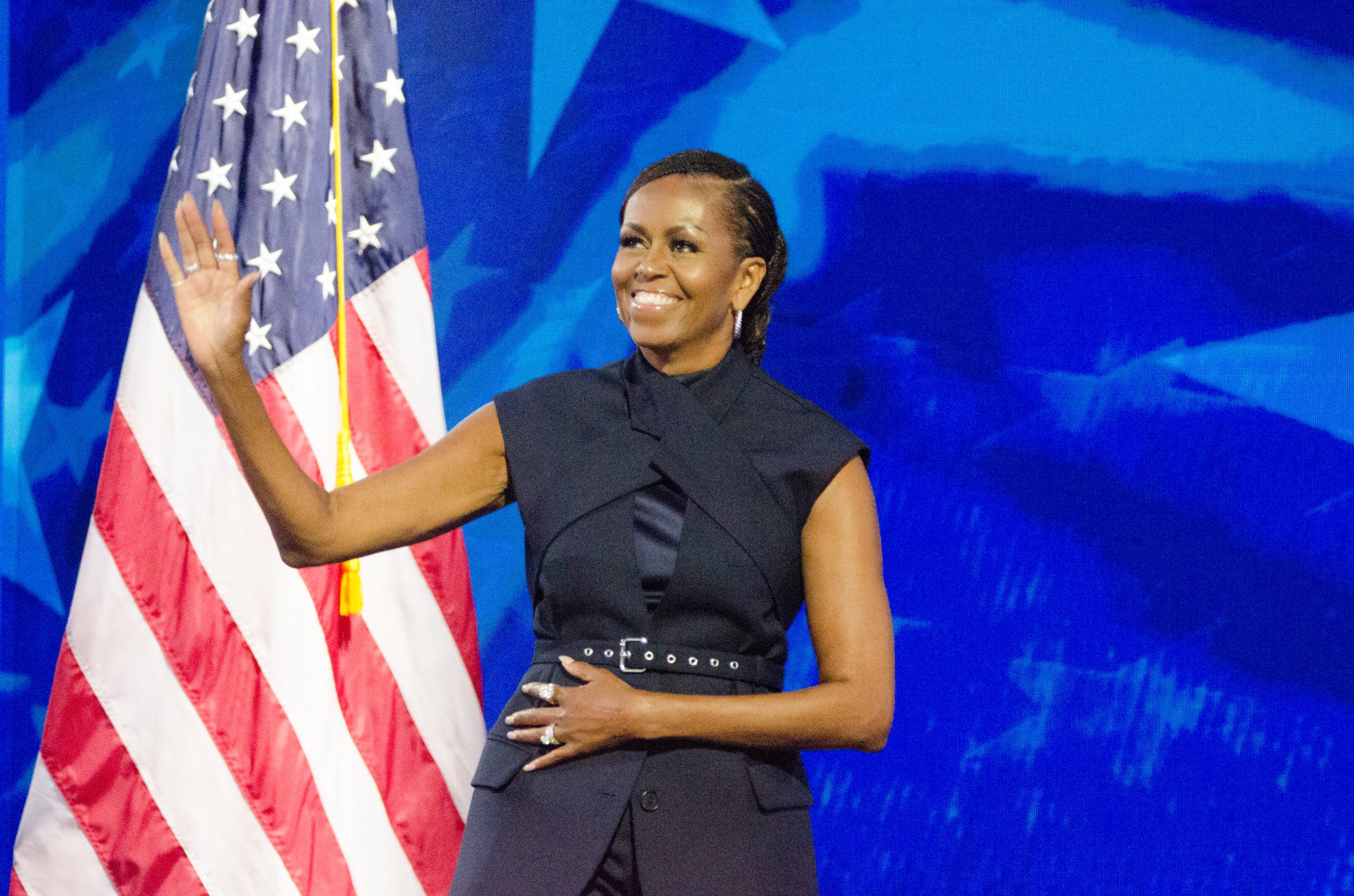
Hair has always been more than just a physical attribute. For Black women, it symbolizes identity, culture, and, significantly, political resistance. Throughout history, Black hair has been a canvas for self-expression and a target of societal control, reflecting the broader struggles for freedom and equality. This intersection of hair and politics is especially evident in the lives of prominent Black female figures who have used their hairstyles as a form of resistance, empowerment, and political statement.
Current presidential candidate Kamala Harris is well-known for her round brush silk press—a style many African American women can relate to. However, this look hasn’t always been embraced positively. In the early 20th century, as Black people navigated a society dominated by Eurocentric beauty standards, straightened hair became a way to assimilate.
Pressed hair and relaxers were popularized as fashion choices and survival tactics in a world where conforming could mean the difference between opportunity and discrimination. Straight hair was often seen as a ticket to respectability, a way to “prove” one’s worthiness in a society steeped in racism.
Read ‘Beyond The Ballot: Social Media’s Impact On Election Priorities’




Former First Lady Michelle Obama embodies the complexities of Black hair in the public eye. During her tenure in the White House, she often wore her hair straightened—a decision many believe was influenced by the pressure to conform to the expectations of a predominantly white political environment. Reflecting on her time as First Lady during her “The Light We Carry: Overcoming in Uncertain Times” book tour, she revealed that the nation was “just getting adjusted” to having a Black president and family in the White House. “I kept my hair straight because I knew they weren’t ready for it,” she said, acknowledging that it would have been easier to wear her hair in braids.
This week at the Democratic National Convention, Michelle Obama made a bold statement by appearing on stage with a braided ponytail. Ssanyu Lukoma, a Howard University student covering the DNC, described the moment as exhilarating. “It felt exhilarating to see Michelle Obama wear her braids. Not only was she rocking her braids, but she did it confidently. As Black women, we are often stifled for our hair choices, especially in professional stages, and I would argue that being on stage at the DNC is one of the most professional settings you can be in,” she tells GU.




This raises the question of what constitutes “professional” hair. Studies show that Black women’s hair is two-and-a-half times more likely to be perceived as unprofessional compared to their counterparts. Over half of Black women surveyed felt pressured to straighten their hair for job interviews to be successful, and two-thirds reported altering their hair for such interviews. Additionally, one-fifth of Black women aged 25 to 34 have been sent home from work because of their hair, and a quarter believe they were denied jobs due to their hairstyle.
Title VII of the 1964 Civil Rights Act prohibits employment discrimination based on race, color, religion, national origin, and sex. While this law and other federal regulations protect against discrimination related to race, the CROWN Act explicitly addresses hair texture and culturally significant hairstyles. It clarifies that discrimination based on hair is a form of racial discrimination and is thus illegal.
The CROWN Act (Creating a Respectful and Open World for Natural Hair) is a legislative measure to combat discrimination based on hair texture and culturally significant hairstyles, particularly for Black individuals. It was created in 2019 and has been building momentum ever since.
As of June 2024, at least 24 states—including Alaska, Arkansas, California, Colorado, Connecticut, Delaware, Illinois, Louisiana, Maine, New York, Oregon, Texas, Virginia, and Washington—along with more than 28 municipalities and the U.S. Virgin Islands, have enacted the CROWN Act or similar legislation. Over 25 states have pre-filed, filed, or planned to introduce such measures.
As more Black women in politics and public life embrace their natural hair, they continue to challenge societal norms and inspire others to do the same. The journey of Black hair is not just about aesthetics; it’s about the ongoing fight for recognition, respect, and the right to be unapologetically oneself in all spaces.
Read ‘Beyond The Ballot: Third-Party Candidates Running For President’
About the Author: Asia Alexander is a student at Howard University, working on all things pop culture, politics, entertainment and business.
This post was originally published on this site be sure to check out more of their content.









